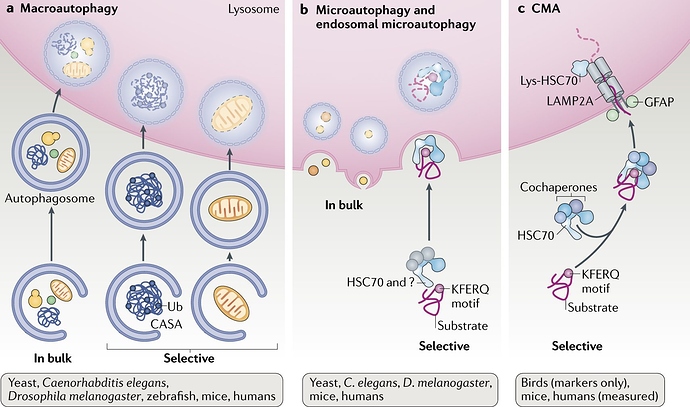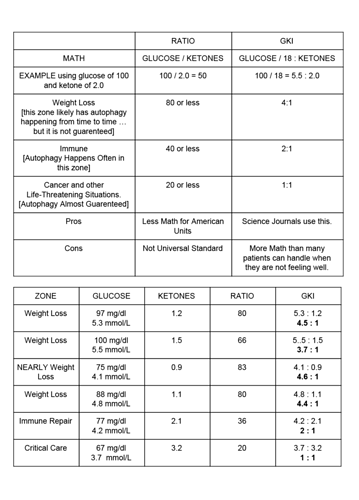Hey there!
So, I’m right now in my 5th day of water only fast. Currently on 108 hours.
Mostly water, a little herbal tea in the evenings. And I have taken some electrolytes with water.
Will decide tomorrow morning if I do 7 day fast or stick with 5 days.
Feel mostly normal, but a little light headed and dizzy at times.
Mental energy and concentration is pretty good though.
I got into ketosis normally and relatively fast, on the second day measuring 1 nmmo/L and going up from there. On the 3rd day I got above 3 nmol/L. and it has stayed like this for the rest of the fast fluctuating between 3 and 3,8 nmol/L.
Blood glucose is strangely pretty high again today currently 82 mg/dL.
Yesterday it was 67 mg/dL and most of the fast it’s been in the 70s.
So my GKI on fast days 3-5 has stayed around 0,9–1.3.
The last time I did the 5-day fast I got my ketones above 6 and GKI was well below 1. So it was well into the most therapeutic range. This time somehow I cannot get my ketones more up.
Any ideas?
Am I not moving and exercising enough?
I haven’t done much exercise on this fast, just some light walking and bike commuting.
I have done a few sauna sessions in the evening.
Am I not drinking enough water?
Any other ideas what could be the factors?
I was not in ketosis before starting the fast.
Thank you guys!
Happy to come back with some results and feedback after this fast.


